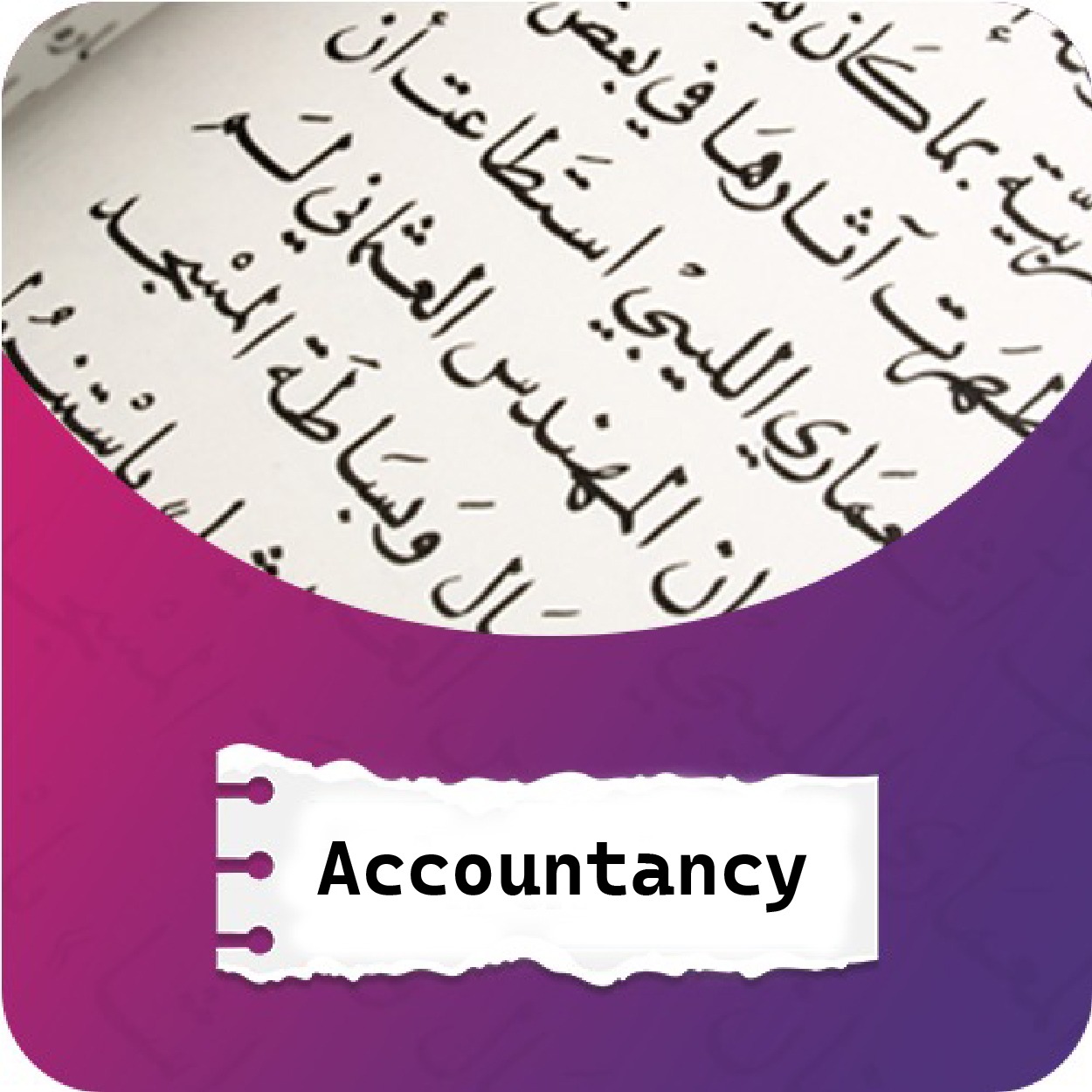
Accountancy, also known as accounting, is a vital discipline within the commerce and business education stream that teaches students how to systematically record, analyze, summarize, and report financial transactions. Across all curricula—CBSE, ICSE, ISC, IB, IGCSE, British, American, and national boards—Accountancy emerges as a core subject in the higher grades (typically Grades 11–12), while foundational financial literacy and numeracy may be introduced earlier through integrated commerce or social studies topics.
Accountancy is the language of business. It is indispensable for tracking income and expenditures, ensuring compliance with legal financial regulations, creating budgets, evaluating business performance, and aiding in strategic decision-making. Whether a student aspires to be an entrepreneur, auditor, banker, analyst, or economist, Accountancy forms the bedrock of their financial understanding.
The subject is structured to gradually build knowledge from basic accounting to complex financial systems. While the terminologies and presentation may vary across curricula, the core domains remain consistent:
With the advent of digitization, fintech, and global commerce, the role of Accountancy has evolved significantly. Today, Accountancy includes not just number-crunching but also regulatory compliance, ethical governance, and strategic planning. Topics like ESG reporting, international accounting standards (IFRS), and automated bookkeeping systems are increasingly making their way into higher-level syllabi.
Understanding Accountancy equips students to:
Career pathways in Accountancy include:
Accountancy also features prominently in competitive exams like CUET, IPMAT, CLAT (Commerce stream), and various university entrance tests for commerce or management.
To make Accountancy engaging and practical, teachers across curricula use a mix of:
Students are encouraged to apply accounting to scenarios involving budgeting, investment analysis, or running small business models. Peer collaborations and presentations help reinforce application and understanding.
Accountancy, as taught across all major school curricula, is more than just a subject—it's a life skill and a career enabler. It empowers learners with the tools to manage finances, assess risks, and contribute meaningfully to the world of business and economics. Its logical structure, practical applications, and relevance across sectors make Accountancy a critical inclusion in secondary and senior secondary education.
By fostering financial discipline, analytical thinking, and ethical responsibility, Accountancy helps shape the future business leaders, entrepreneurs, and policymakers of tomorrow.